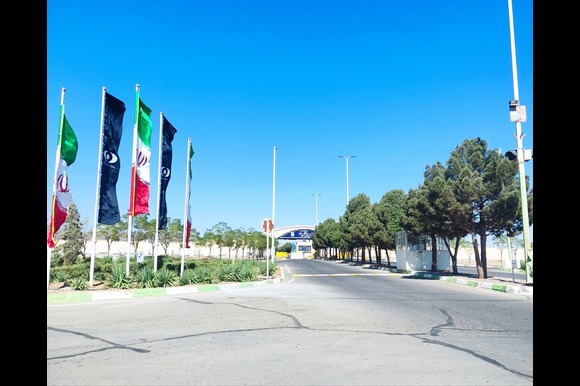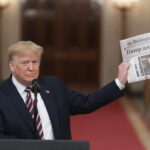Tehran on Monday sharply criticized Britain, France, and Germany for what it called their failure to uphold the 2015 Iran nuclear agreement, following recent threats by the European nations to reimpose sanctions over Iran’s expanding atomic activities.
The 2015 nuclear accord—formally known as the Joint Comprehensive Plan of Action (JCPOA)—was signed between Iran and the five permanent members of the United Nations Security Council (Britain, China, France, Russia, and the United States), along with Germany. The deal placed strict limitations on Iran’s nuclear program in exchange for relief from international sanctions.
However, the agreement began to unravel after the United States unilaterally withdrew from the pact in 2018 during Donald Trump’s presidency, reinstating sweeping sanctions against Iran. Although the European signatories pledged to maintain the deal, the proposed mechanism to bypass U.S. sanctions and support trade with Iran failed to function effectively. As a result, numerous Western companies pulled out of the Iranian market, exacerbating the country’s already severe economic crisis.
Iranian foreign ministry spokesman Esmail Baqaei lashed out at the European parties during a press conference, accusing them of “fault and negligence” in fulfilling their obligations under the deal.
According to the International Atomic Energy Agency (IAEA), Iran is currently the only non-nuclear-armed state enriching uranium to 60% purity—well above the 3.67% cap set under the 2015 agreement and dangerously close to the 90% threshold required for producing a nuclear weapon.
In recent weeks, Britain, France, and Germany have warned Tehran of possible consequences, including invoking the UN’s snapback mechanism—a provision that would reimpose international sanctions if Iran is found to be in breach of its nuclear commitments.
Baqaei dismissed the European threats as “meaningless, unjustifiable, and immoral,” asserting that Iran only began stepping away from the deal after the Western parties failed to honor their commitments.
“Iran’s reduction of its commitments was carried out in accordance with the provisions outlined in the agreement,” he said, reiterating Tehran’s position that its nuclear actions are a direct response to Western non-compliance.
As diplomatic tensions grow and the future of the JCPOA remains uncertain, the standoff underscores the wider collapse of international efforts to contain Iran’s nuclear ambitions through negotiated agreements.






